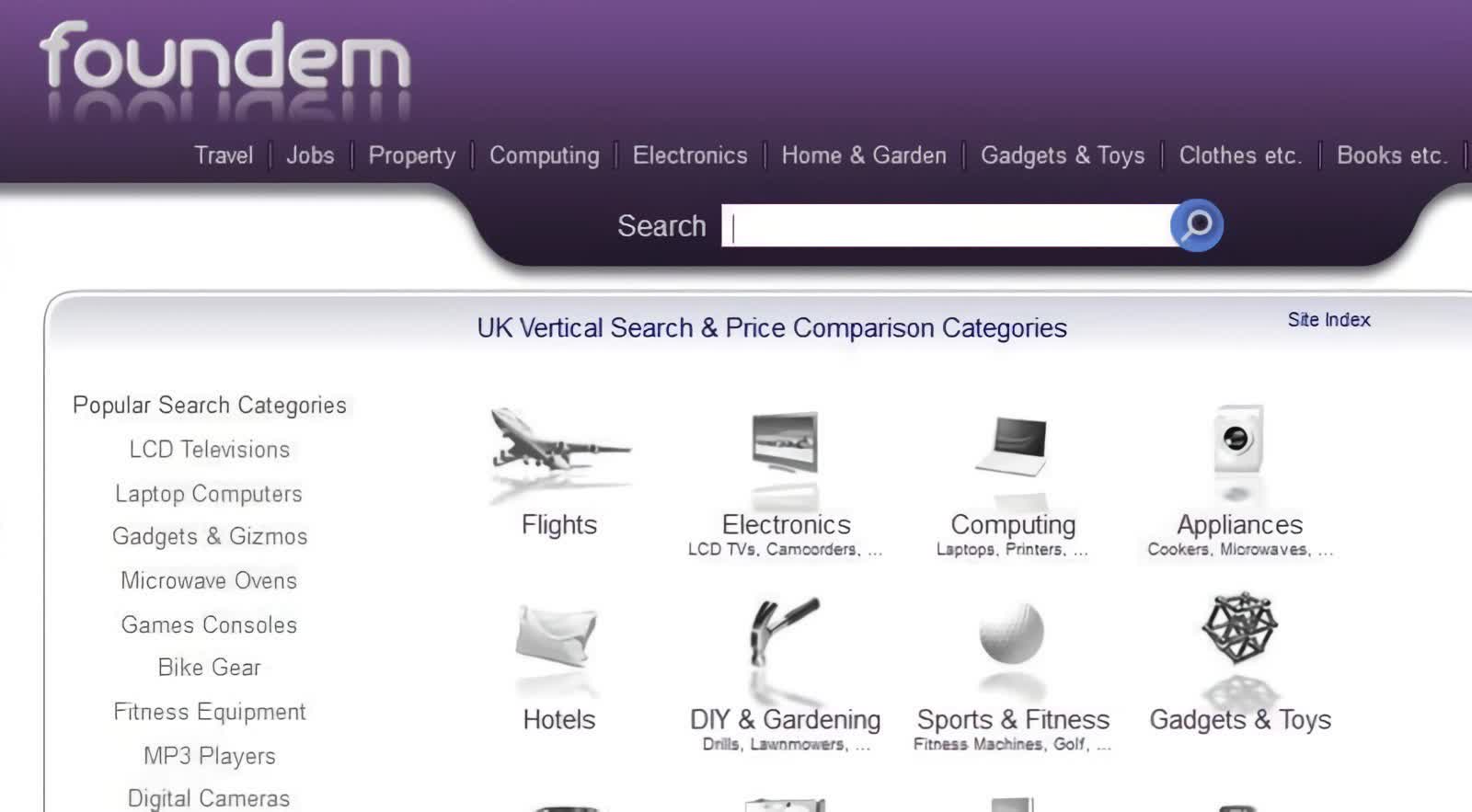The cost of justice: The European Court of Justice (the EU’s Supreme Court) has upheld a lower court’s ruling that Google must pay a £2.4 billion fine for market abuse. The decision came after a 15-year David and Goliath battle between the search giant and a little-known and less-remembered shopping website.
In 2006, a mere eight years after Larry Page and Sergey Brin released Google on the world, a UK couple launched a comparison-shopping website called “Foundem.” Adam and Shivaun Raff had high expectations for their business because it offered more than other price-hunting sites.
In those days, websites that helped customers compare prices online were just getting their start, and they primarily specialized in one product, like airfare. One day, Adam had the idea of a website that compared prices of virtually any product the customer desired, and Foundem was formed.
The Raffs launched their website in 2006 and almost immediately noticed traffic to their page decreasing instead of increasing. The couple had both worked in the tech industry. Adam worked with supercomputers, and Shivaun had a career in software consulting. They knew something was wrong with their traffic results and knew where to look.
While Google was surfacing Foundem pages deep in results, other search engines listed it at the top or at least on the first page for queries like “price comparison” or “shopping.” As it turned out, Google’s search engine was hitting the website with automated spam penalties, which down-ranked their site as to be essentially invisible.
The couple thought it was a glitch with the algorithm. Google surely wouldn’t penalize their website intentionally.
“We were monitoring our pages and how they were ranking, and then we saw them all plummet almost immediately,” the Raffs told the BBC. “We just assumed we had to escalate [the issue] to the right place and [the penalites] would be overturned.”

So, the Raffs approached the search giant multiple times between 2006 and 2008, but Google continually blew their complaint off. Foundem eventually got some media coverage and got pounded with traffic, but it didn’t change its page rank even after the Raffs contacted Google to point out the demand for their business. So they started to fight.
They struggled to get the press’s or regulators’ attention until they contacted a Brussels regulatory agency in 2010, and the European Commission got involved. The EC launched an antitrust probe and by 2017 had enough evidence to charge Google with a record-breaking £2.4 billion fine.
Of course, Google fought the fine all the way up to Europe’s highest court. Last month, the European Court of Justice threw out all of Google’s appeals, affirming that it is guilty of “market abuse” and using its power to stifle competition against Foundem, Microsoft, Expedia, and Twenga. While the win would typically have been something the Raffs would have celebrated, it came too late. Foundem went out of business in 2016, one year before Google was fined and changed its policies to conform to the EC’s anti-competition mandate.
Google maintains its innocence and says that it has fully complied with the EC’s decision.
“The CJEU [European Court of Justice] judgment [in 2024] only relates to how we showed product results from 2008-2017. The changes we made in 2017 to comply with the European Commission’s Shopping decision have worked successfully for more than seven years, generating billions of clicks for more than 800 comparison shopping services. For this reason, we continue to strongly contest the claims made by Foundem and will do so when the case is considered by the courts.”
The Raffs noted that, in hindsight, they might have made different decisions.
“I think if we had known it was going to be quite as many years as it turned out to be we might not have made the same choice,” said Adam.
However, at this point, the couple is “in for a dollar, in for a dime.” They currently have a civil suit against Alphabet to try to recoup damages from legal fees and the loss of their business. The trial is scheduled to begin in the first half of 2026.
Image credit: Ascannio





